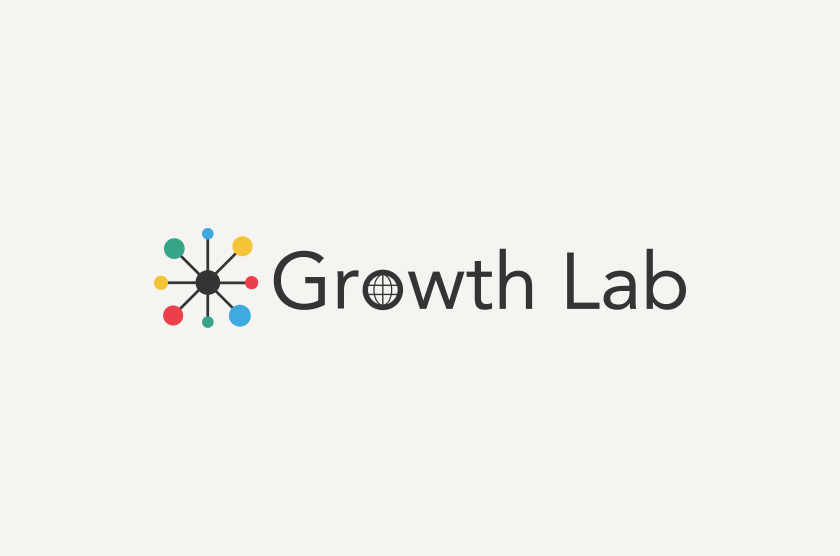Adin Becker is a third-year Master in Public Administration and Master in Urban Planning dual-degree student at the Harvard Kennedy School and the Harvard Graduate School of Design. He was accepted into the Growth Lab’s 2025 Summer Internship Program and contributed to an ongoing project with the OCP Group in Morocco.
Why did you apply to the Growth Lab Summer Internship?
Before I applied to the internship program, I had heard from countless classmates and professors about the Growth Lab’s strong reputation on campus for combining rigorous economic analysis with meaningful in-country engagement. For me, it felt like the ideal opportunity to apply the international experience and skills I’ve been building over the past few years. I’ve led climate resilience work in Zimbabwe, supported grassroots economic development in India, and engaged with government officials and communities in more than a dozen countries, developing a passion for helping communities strengthen capabilities while advancing environmental and economic goals. The Morocco project offered an excellent opportunity to build on this experience.
What did you work on?
My work was mainly focused on mapping and strengthening Morocco’s supplier ecosystem in collaboration with OCP Group, the largest phosphate producer in the world and one of the country’s most strategic enterprises. My work included creating a detailed, sector-by-sector matrix of national support programs for companies in electrical, mechanical, and facility services, tailored to firm size and industry. I also analyzed supplier contract data, financing programs, and industrial policy tools from initiatives such as Maroc PME, Finéa, Fonds Hassan II, and the Bank of Africa’s Supply Chain Finance.
In what ways were you challenged?
Given that we were working within OCP, most of the relevant data we needed was proprietary. It took quite a bit of time, effort, and relationship-building to gain access to it. We also started with only a broadly defined objective, which meant spending the first few weeks narrowing down specific objectives while still ensuring we could deliver a meaningful report at the end. Ten weeks go by quickly when you’re defining your scope and executing at the same time! Another challenge was navigating Morocco’s industrial support landscape. There is a wealth of programs, which often overlap in scope, target different firm sizes, and use complex eligibility criteria. Producing a clear, practical tool required filtering and categorizing large amounts of data. Overcoming these hurdles improved my ability to work with ambiguity and transform complex data into actionable insights.
What was your most exciting/surprising experience?
One of the most memorable moments was the tour of JFC 4, one of OCP’s massive fertilizer production facilities. I had never been inside an industrial site of that scale before. Walking through vast halls filled with machinery, along catwalks over vats of acid, and into control rooms that monitored every aspect of the production process made me appreciate the level of coordination and engineering behind the enterprise. Reading about industrial capacity is very different from experiencing it on the factory floor. I was also struck by the extent to which OCP is woven into Morocco’s social and economic fabric. Many aspects of our daily lives in El Jadida related to the company in one way or another. We lived in an OCP apartment complex with hundreds of neighbors who were OCP employees or their families, and even the water used throughout the city was desalinated by OCP.
Outside of work, I took every opportunity to travel the country. It wasn’t my first time in Morocco, but its variety and beauty continue to amaze me. One could spend years exploring Morocco’s vast deserts, rugged mountains, jagged coastlines, and lush forests. The people are equally remarkable: endlessly generous, optimistic about the future, and eager to share their country’s history, cuisine, and traditions.
What advice would you give to future interns?
Ask a lot of questions. It might feel repetitive or even annoying at times, but gaining clarity from host-country counterparts early on will save you significant time and work in the long run. Reach out to as many relevant stakeholders as you can in the first weeks. Meetings can lead to valuable data, and stakeholders often refer you to others. But by week nine, there’s no time to act on those referrals.
Don’t be afraid to talk to people outside of work. A conversation with someone on the corniche may yield insights that deepen your understanding of the local context. Also, if possible, get in touch with counterparts before your arrival, but also embrace the work culture once you’re on the ground. Part of being successful in development work is learning to go with the flow: adapting to local rhythms and approaches.
What’s next for you?
I’m returning to Harvard for my final year of the MPA/MUP program, where I’ll be continuing my research on ecological sovereignties, examining how nations can leverage natural resources, ecosystems, and biodiversity as strategic assets. I’ll also continue my work with the Building State Capability program, supporting global practitioners in applying adaptive approaches to complex development challenges. In addition, I’ll be writing my thesis and leading the Climate, Energy, and Environment Professional Interest Council (CEEPIC). I will also be searching for post-graduation opportunities, likely in international development or climate resilience with governments, multilateral institutions, or research institutes. In the long term, I aim to help countries navigate the dual challenge of promoting sustainable development while adapting to and mitigating climate change.

